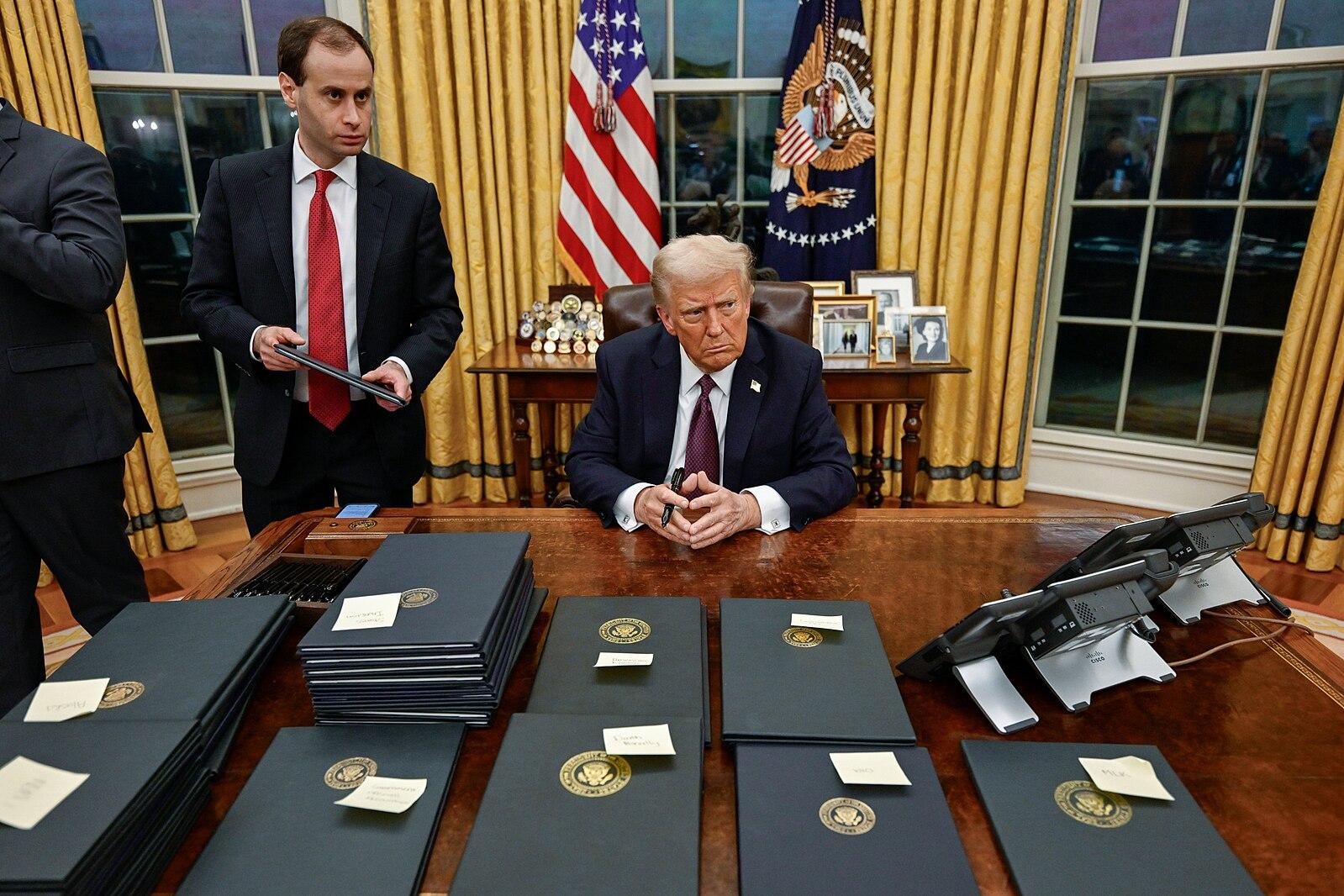THE Iowa Caucus on Monday, Feb. 1 – the first major hurdle on the narrow road to the presidential elections – proved to be a night of political surprises. Thousands of Iowa residents gathered in various caucus sites across the state to hear candidates’ appeals and make their vote, officially starting off the nomination process for both Democrat and Republican parties.
In the crowded GOP race, Texas Sen. Ted Cruz–supported widely by evangelical Christians, and backed by vigorous campaigning in the state — defeated real estate mogul Donald Trump in the Republican caucuses. Cruz won about a third of the evangelical vote, reported the New York Times.
With 98 percent of precincts reporting, Cruz had nearly 28 percent of the statewide vote, while Trump closely followed with 24 percent.
“Tonight is a victory for courageous conservatives across Iowa and all across this great nation,” Cruz said. “Tonight, the state of Iowa has spoken. Tonight is a victory for the grass roots. Tonight is a victory for courageous conservatives all across Iowa and our great nation.”
Cruz, who has been trailing Donald Trump in recent Iowa polls, also set the record for most Iowa caucus votes received by a single candidate.
Florida Senator Marco Rubio trailed in third place, with 23.1 percent of the vote. “We are not waiting any longer to take our country back,” Rubio told his supporters that night. “I will be your nominee thanks to what you have done in this great state.”
Other Republican contenders, including former Florida Gov. Jeb Bush, Carly Fiorina, John Kasich, and Kentucky Sen. Rand Paul reported low numbers.
For the Democrats, Hillary Clinton won by a very slim margin of victory over her opponent, Bernie Sanders. With a roughly 49.9 to 49.6 percent split, the Iowa Democratic Party described the race as a “historically close caucus.”
Clinton proved victorious after the results showed the delegate gap larger than the 2.28 delegates available from the final, unreported Des Moines precinct, said New York Daily News. The former secretary of state has been leading every major national poll.
“I am a progressive who gets things done for people,” Clinton, the top pick for 45 percent of likely Democratic caucus-goers, said Monday. “We have to be united when it is all said and done…against a Republican vision and candidates who would drive us apart and divide us.”
Among young voters (between ages 17 and 29), Bernie Sanders reportedly won 84 percent of the vote (18 percent if the whole Democratic caucus electorate), to Clinton’s 14 percent. Sanders, a 74-year-old self-proclaimed “Democratic socialist,” has proven himself the clear choice of young people. However, among 45 to 64-year-olds and those 65 and older, Clinton is leading Sanders in the polls.
“When I think about what happened tonight, I think the people of Iowa have sent a very profound message to the political establishment, to the economic establishment and — by the way — to the media establishment,” Sanders told supporters just before midnight, calling the Iowa race a “virtual tie.” “And that is that given the enormous crises facing our country, it is just too late for establishment politics and establishment economics.”
After a dim showing in the Hawkeye State to keep their candidacies afloat, former governors Martin O’Malley and Mike Huckabee both suspended their campaigns.
“We fought very, very hard in order to give the people a choice, and the people made their choice tonight,” said O’Malley at his rally in Des Moines, expressing gratitude to his supporters and Iowa citizens. “We have to hold strong to the values that make us Americans.”
O’Malley, who entered the race last May but never polled high and struggled to gain traction with liberal voters, did not endorse a candidate.
Huckabee’s suspension was not planned, but the extremely low turnout prompted him to step out of the race.
“He is going to continue to push for the issues he believes, but right now this is about thanking his staff and supporters and being with his friends and families and see what doors will open next,” said Hogan Gidley, a spokesman for Huckabee, according to CNN.
The turnout of the Iowa caucuses was about 158,000, according to Edison Research, which conducted entrance polls at precincts across the state.
The caucuses determine which candidates send delegates to this year’s Republican convention in Cleveland. Nine other states will also assign delegates this way, in both party contests. While Republicans cast secret ballots, Democrats gather in candidate affinity groups, and reshuffle if some voters stood for a candidate without enough viable support in the state caucuses (for example, Martin O’Malley, who has recently trailed badly in all polls). Delegates are distributed based on the percentage of support each candidate received, according to USA Today. The final voting results are reported to the state party headquarters, which then report it to media.
“Turnout is everything,” national political strategist David Axelrod told USA Today. “The race is a tight as can be.”
A win for a candidate does not by any means spell a nomination at his or her party’s convention, but victory (or even a competitive placing) in Iowa can help build momentum for the rest of the year, said CNBC. Still, a weak result in the state could mean the beginning of the end for some campaigns, especially in the crowded GOP ticket.
New Hampshire is the next state to vote, with its primary on Tuesday, Feb. 9.




